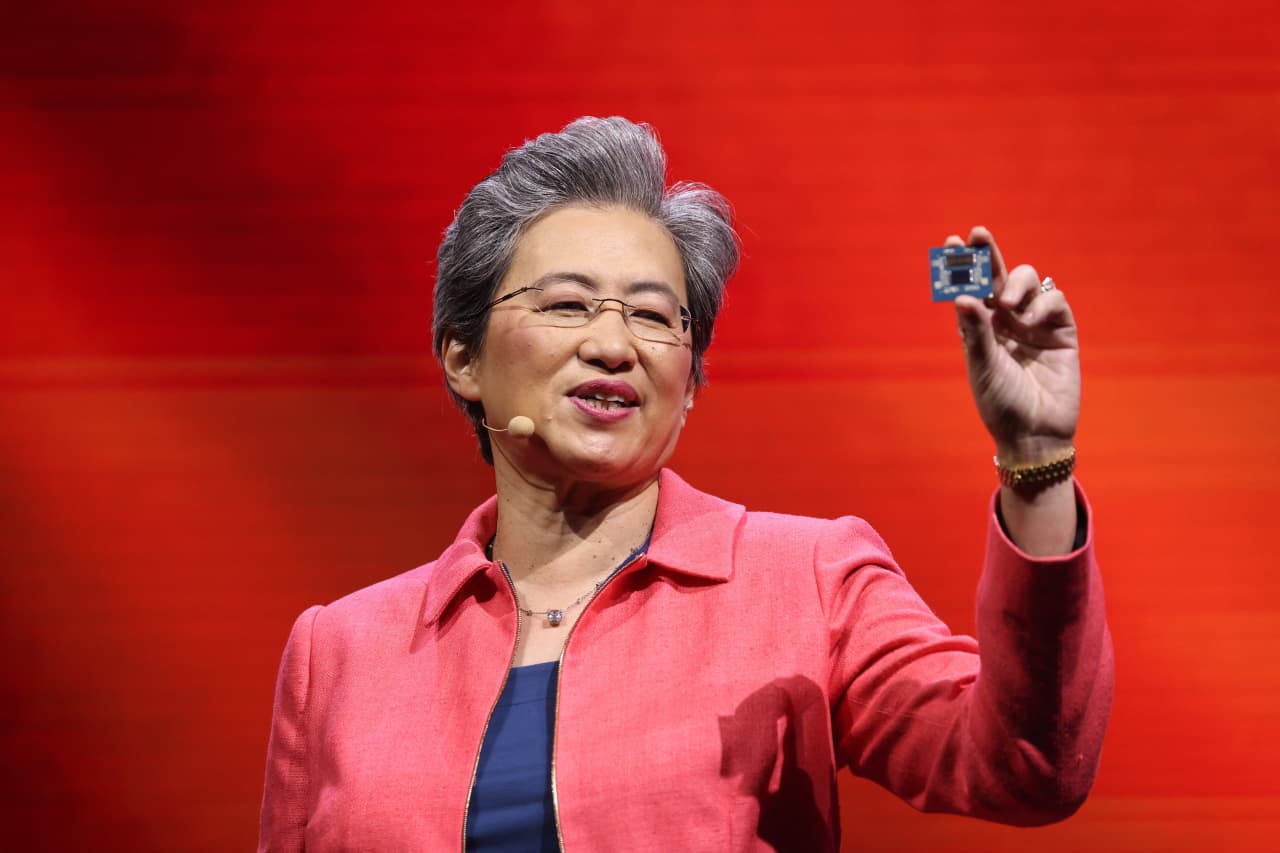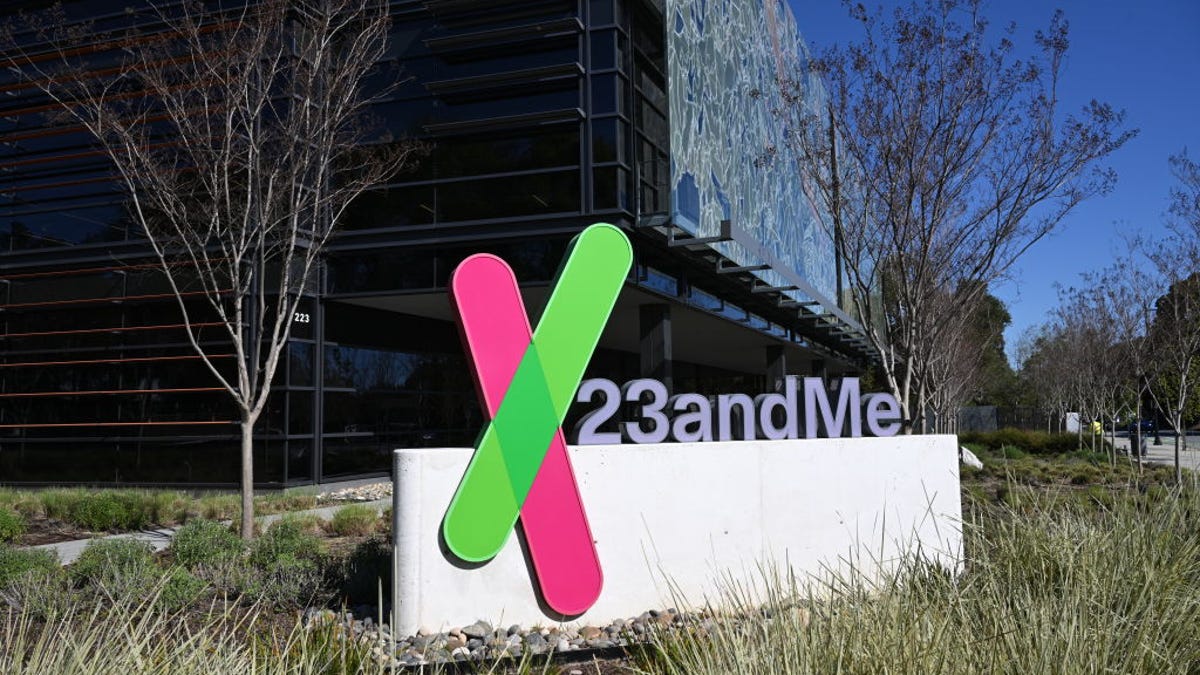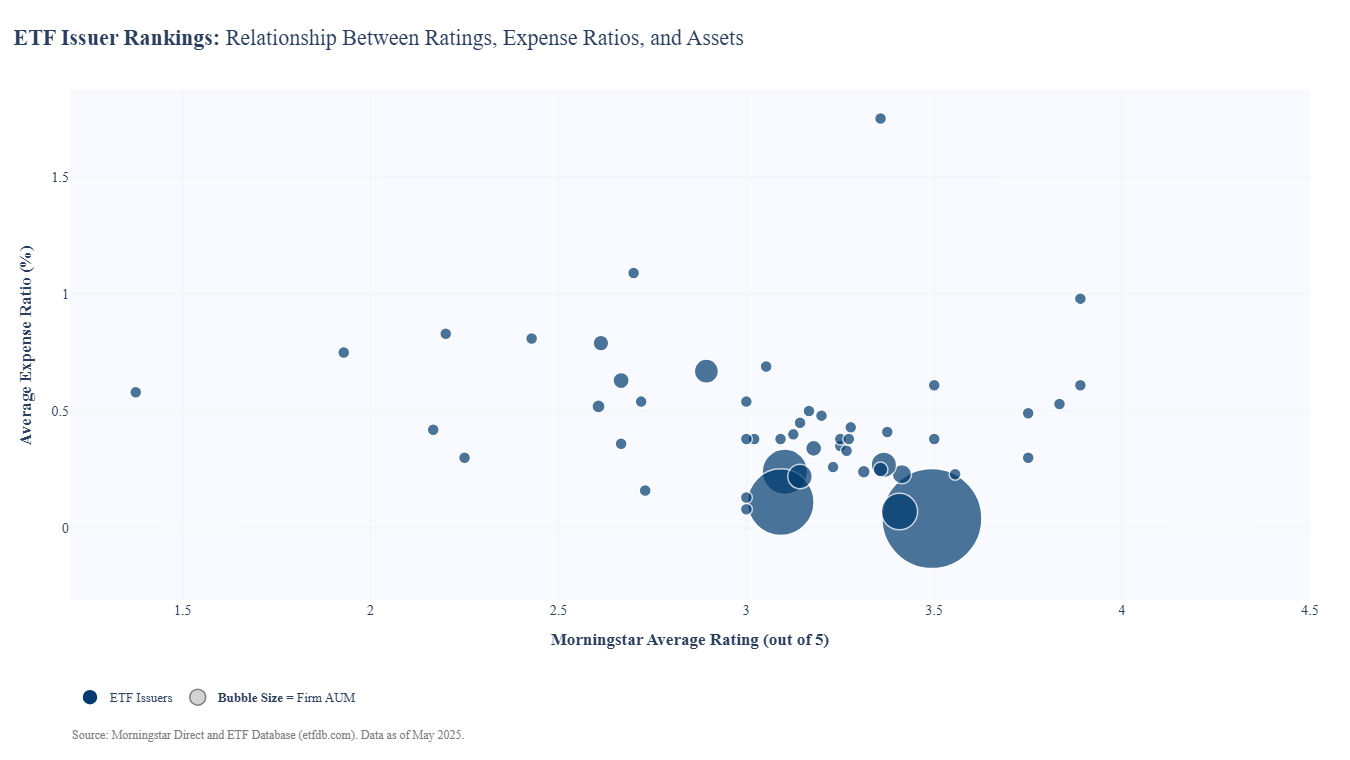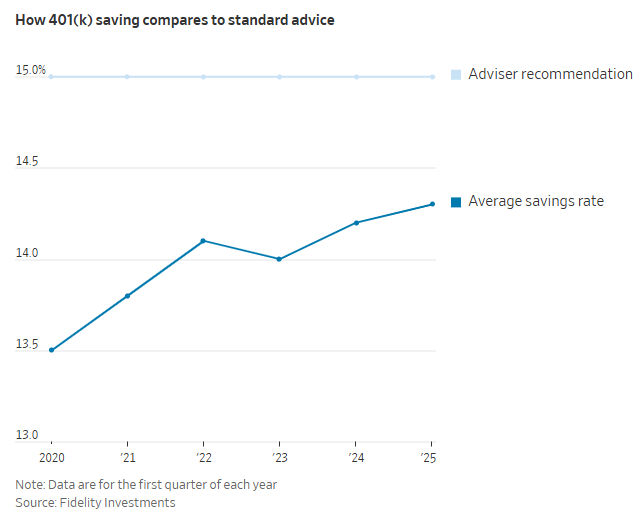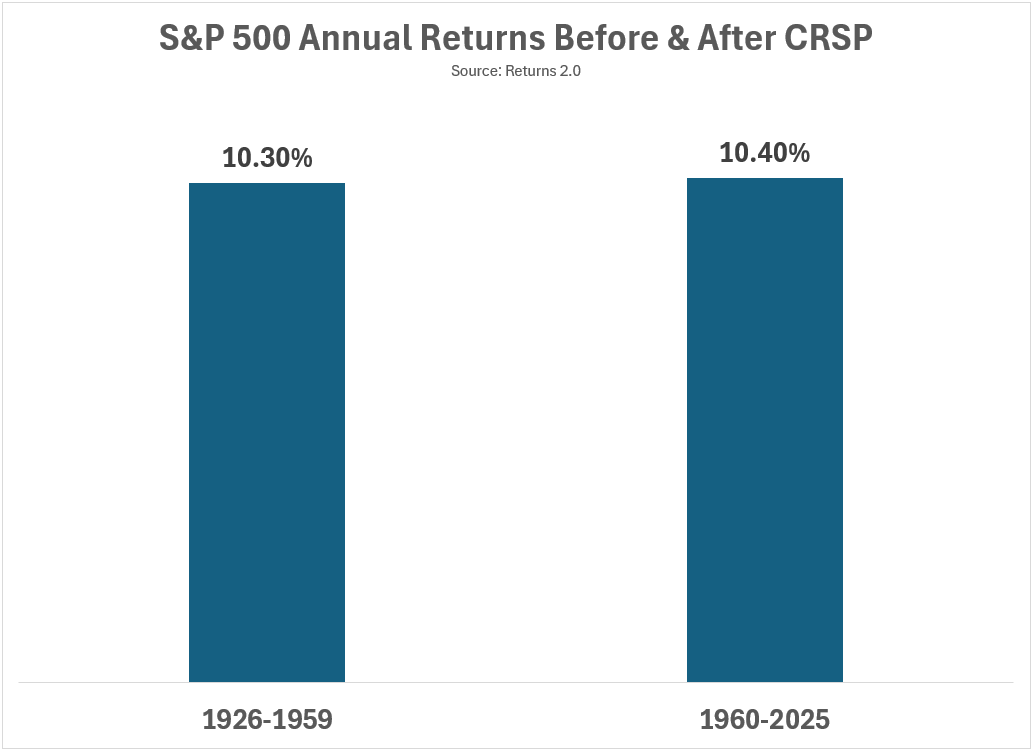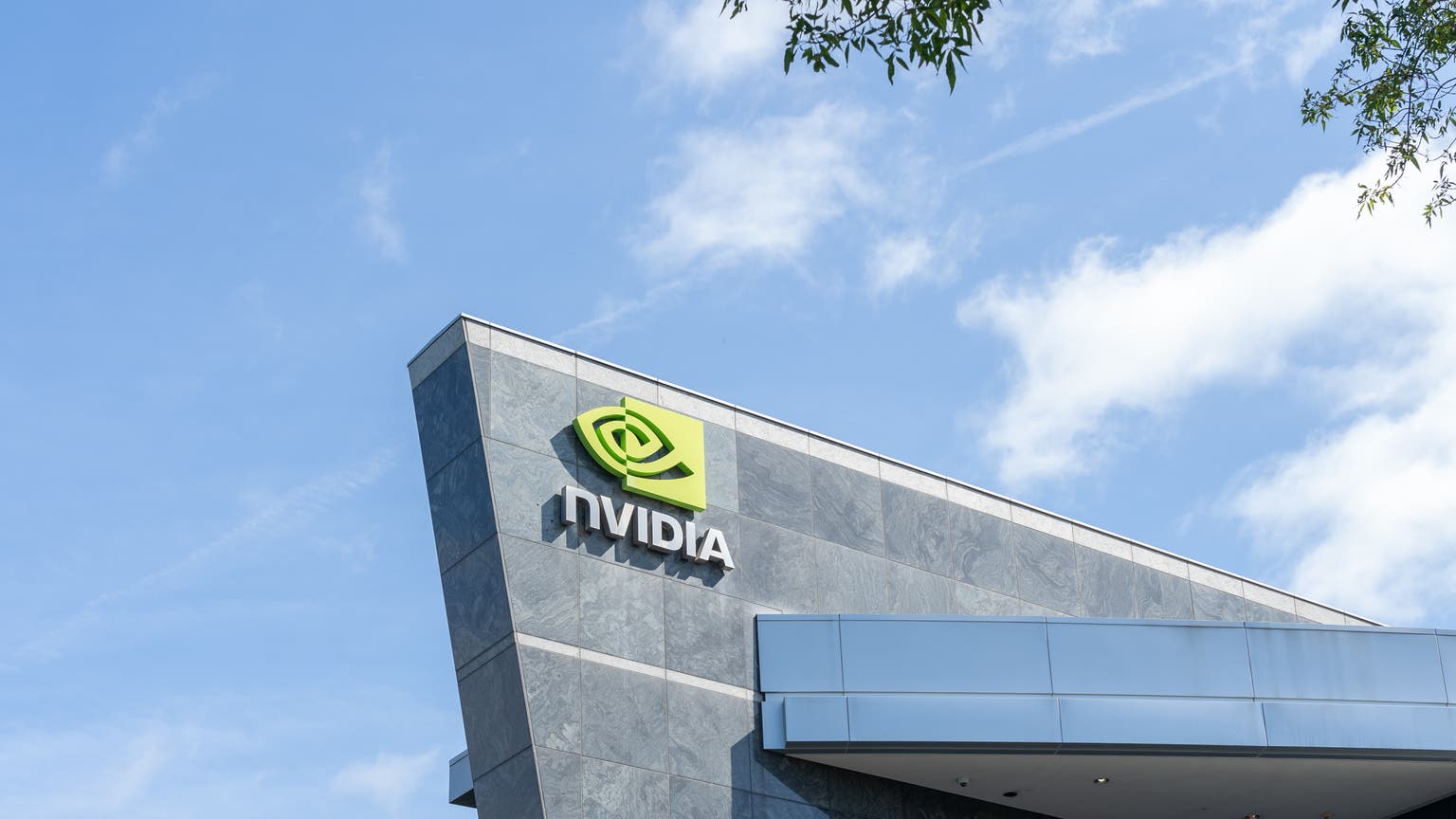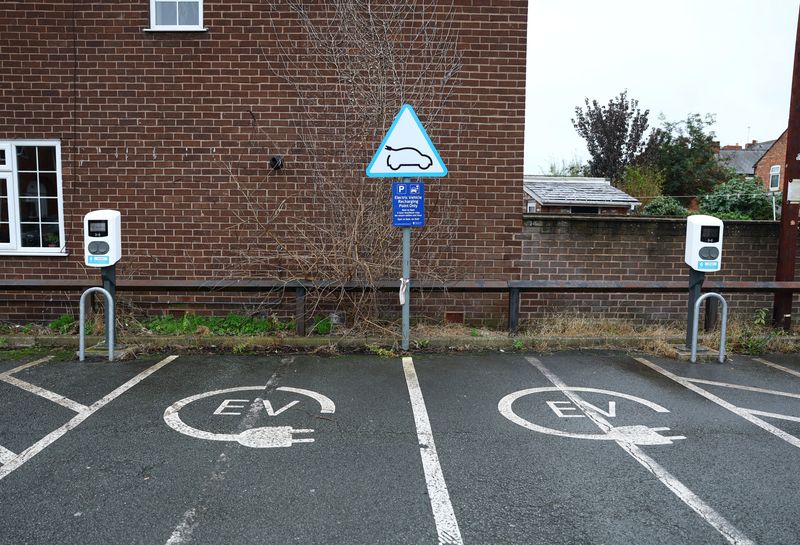5 Things to Know About Social Security Spousal Benefits
Social Security’s retirement benefits are a crucial source of income for older Americans, and many people look forward to the day when they can claim them and start enjoying the fruits of their labor. However, retirement benefits are far from the only kind of benefits that the Social Security Administration offers. In fact, Social Security […] The post 5 Things to Know About Social Security Spousal Benefits appeared first on 24/7 Wall St..

Key Points
-
Social Security spousal benefits can help support you in retirement if your spouse made more money than you.
-
You can get spousal benefits if you are married or if you are divorced after a marriage that lasted 10 or more years.
-
It can be complicated to determine the best time to claim spousal benefits.
-
Are you ahead, or behind on retirement? SmartAsset’s free tool can match you with a financial advisor in minutes to help you answer that today. Each advisor has been carefully vetted, and must act in your best interests. Don’t waste another minute; get started by clicking here.(Sponsor)
Social Security’s retirement benefits are a crucial source of income for older Americans, and many people look forward to the day when they can claim them and start enjoying the fruits of their labor. However, retirement benefits are far from the only kind of benefits that the Social Security Administration offers.
In fact, Social Security provides access to another important income source as well: Spousal benefits.
Spousal benefits aren’t available to everyone, but when they are an option, they can offer significantly more income for some households. Understanding how they work can be complicated, though, so it’s important to know these five key things if you or your spouse may be considering claiming them.
1. Spousal benefits are available if you’re married or divorced after a long marriage
Social Security spousal benefits are available to you if you have been married for at least a year. You can also claim these benefits if you’re divorced, as long as your marriage lasted for at least a decade and you haven’t remarried someone else.
It’s important to understand when you qualify for spousal benefits, because if you didn’t work enough to earn your own benefits or if your own benefit isn’t very high because you didn’t have consistent good earnings throughout your working life, spousal benefits can be a crucial lifeline.
2. You can claim spousal benefits as young as 62, but you’ll shrink your check amount
Spousal benefits can be claimed once you turn 62 or if you have a qualifying child that you are caring for. However, if you are not caring for a qualifying child and you are claiming these benefits before your full retirement age, you will reduce the amount that you receive.
Many people end up with both more lifetime benefits and more monthly benefits if they delay their claim beyond 62 until closer to their full retirement age, so you should consider the downsides of an early claim if you’re thinking about starting benefits young.
3. You can’t get spousal benefits unless your spouse has already claimed their retirement checks
If you have been divorced for at least two years and you are claiming spousal benefits, you can start them whenever you become eligible, regardless of what your ex is doing. However, if you’re currently married, that’s not the case.
If you are currently married, you can only start your spousal benefits once the person whose work record you are earning them on has claimed their Social Security retirement checks. So, say for example that you are a woman whose husband earned much more than you and you want to claim your spousal benefits. You can’t do so unless your husband has already filed for his retirement checks.
One option you have, though, is to claim your own benefits (if you have them) and then collect this lower amount until your spouse is ready to start getting their payments. This way, you can bring in some Social Security income while waiting to maximize both your higher-earning spouse’s monthly check and your future survivor benefits as well.
4. There are no delayed retirement credits on spousal benefits
When you claim Social Security on your own work record, delaying beyond your full retirement age can be a smart decision because you can increase your benefits if you wait to claim them. You’ll do this by earning delayed retirement credits that increase your standard benefit. This isn’t true once you have reached FRA if you are claiming spousal benefits.
There is no benefit to waiting beyond your full retirement age to start getting payments, since benefits don’t increase. So, if you are eligible to do so and have reached FRA, go ahead and claim.
5. Benefits equal up to 50% of the higher earner’s primary benefit amount

Finally, you should be aware that your spousal benefit could equal as much as 50% of your higher-earning spouse’s primary insurance amount (PIA). That’s the amount they get at their own full retirement age. So, the more your spouse earns, the higher your spousal benefits will be.
Understanding all of these key issues is very important when making your Social Security claiming choice, so be sure to take them into account as you decide what’s best for your situation.
Since there’s a lot to think about when deciding when to start Social Security, if spousal benefits are an option, talking to a financial advisor could also be a good idea before you make your claim.
The post 5 Things to Know About Social Security Spousal Benefits appeared first on 24/7 Wall St..




















